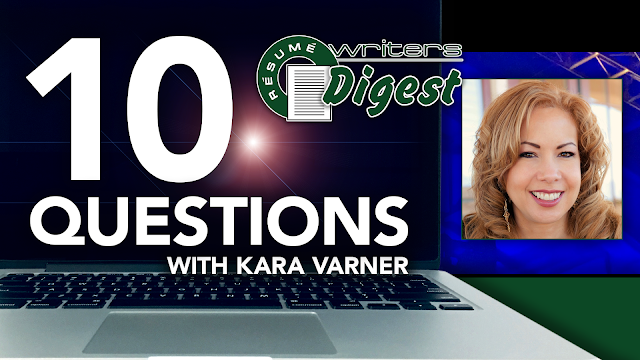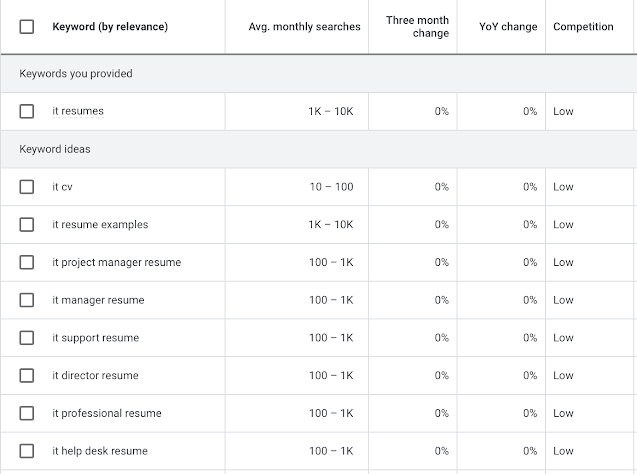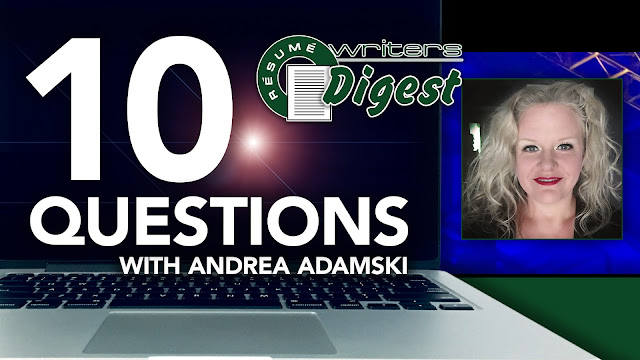As the calendar rolls over to September, it’s time to talk about career industry conferences. This is an update to a post from November 2019 (“Have You Ever Been to a Resume Writing Conference?”), which built on a post from August 2011 (“When Is the Omaha Conference?”)
The National Resume Writers' Association (NRWA):
2023 – Colorado Springs, CO (scheduled for Sept. 21-23, 2023 at The Antlers Hotel with an online component as well)
2019 - NRWA Conference at Sea (Cruise to the Bahamas)
2018 - Seattle, Washington
2017 - Chicago, Illinois
2016 - Annapolis, Maryland
2015 - Charlotte, North Carolina
2014 - Denver, Colorado
2013 - Chicago, Illinois
2012 - Charleston, South Carolina
2011 - Portland, Maine
2010 - Fort Worth, Texas
2009 - Annapolis, Maryland
2008 - San Diego, California
2007 - Savannah, Georgia
2006 - Phoenix, Arizona
2005 - Stamford, Connecticut
2004 - Nashville, Tennessee
2003 - Seattle, Washington
2002 - Philadelphia, Pennsylvania
2001 - San Antonio, Texas
2000 - Las Vegas, Nevada
1999 - New Orleans, Louisiana
1998 - Chicago
I’ve been to Colorado Springs for hockey before, but never for a resume writing conference. It’s within driving distance of Omaha too!
Career Directors International:
2016 - Present: No conference
2015 - Entrepreneurial Success Secrets Live for Career Professionals: Orlando, Florida
2014 - Global Career Empowerment Summit: SOAR — Orlando, Florida
2013 - Global Career Empowerment Summit: Your Big Breakthrough — Orlando, Florida
2012 - Global Career Empowerment Summit: Blaze Your Trail — San Diego, California
2011 - Global Career Empowerment Summit: Jump On Board the Success Express — Savannah, Georgia
2010 - Global Career Empowerment Summit: You Selected & We Delivered: The Most Outrageously Power-Packed Career Conference Yet — San Diego, California
2009 - Global Career Empowerment Summit: Take Your Career to New Heights — Orlando, Florida
2008 - Annual Conference: Get Super with CDI — Seattle, Washington
2007 - Annual Conference: The Future is You! — San Antonio, Texas
2006 - Annual Conference: Live the Dream — Orlando, Florida (PRWRA)
2005 - Annual Conference: Play to Win — Las Vegas, Nevada (PRWRA)
2004 - Indianapolis, Indiana (PRWRA)
2003 - New Orleans (PRWRA)
2002 - Atlanta, Georgia (when the organization was still PRWRA)
(Thank you to Laura DeCarlo for help assembling the conference titles and locations!) I was never able to make a CDI conference (they were often in October and conflicted with my UNO Hockey obsession).
Career Management Alliance (no longer in business as of August 2011):
2011 - Las Vegas, Nevada
2010 - New Orleans, Louisiana
2009 - San Antonio, Texas
2008 - Minneapolis, Minnesota
2007 - Louisville, Kentucky
2006 - ??
2005 - Philadelphia, Pennsylvania (when it was still Career Masters Institute)
2004 - Atlanta, Georgia (CMI)
2003 - Kansas City, Missouri (CMI)
2002 - San Diego, California (CMI)
Professional Association of Resume Writers and Career Coaches
2024 – Orlando (Thrive Orlando 2024)
2005-2018: No conference
2004 - St. Pete Beach, Florida
2003 - Las Vegas, Nevada
2002 - Dallas, Texas
2001 - Tampa/St. Petersburg, Florida
2000 - Toronto, Canada
1999 - Colorado Springs, Colorado
PARW/CC held conferences from 1999-2004 but then discontinued conferences in 2004. The conferences returned in 2019 and are held annually in Florida.
















